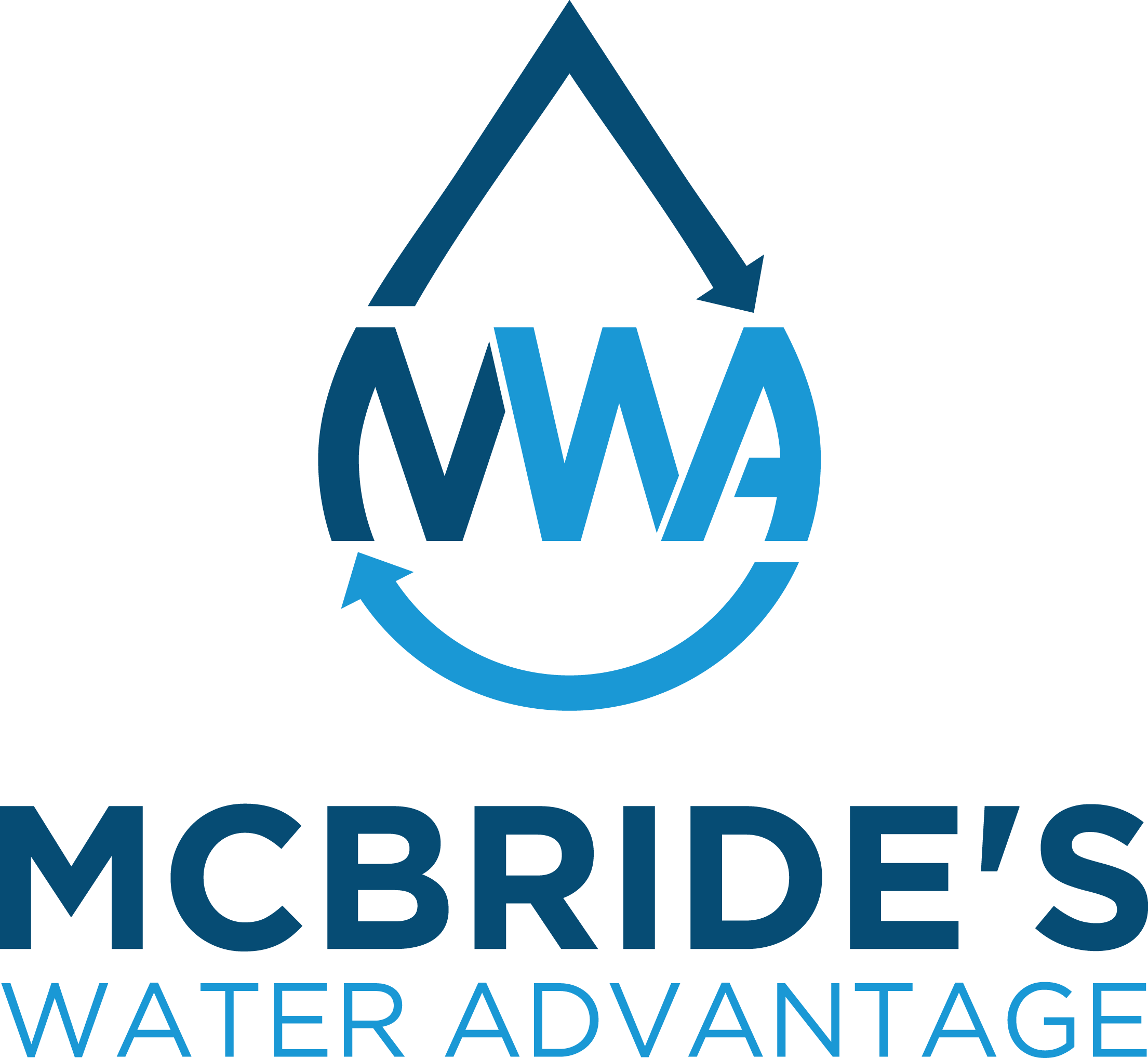 Water filtration systems can use a number of different methods to remove contaminants from tap water. The type of filter that’s right for your home will depend on what’s in your water, because different techniques are designed to address different types of problems. But one type of filtration method that can address nearly any type of contaminant in your tap water is reverse osmosis. Today we’re going to talk about what a reverse osmosis filter is, how it works and why it is one of the most effective filtration techniques that exists!
Water filtration systems can use a number of different methods to remove contaminants from tap water. The type of filter that’s right for your home will depend on what’s in your water, because different techniques are designed to address different types of problems. But one type of filtration method that can address nearly any type of contaminant in your tap water is reverse osmosis. Today we’re going to talk about what a reverse osmosis filter is, how it works and why it is one of the most effective filtration techniques that exists!
What is a reverse osmosis water filter?
As its name suggests, a reverse osmosis water filter is a type of water treatment system that takes advantage of the reverse osmosis process (described below) to remove impurities from tap water. Reverse osmosis is considered to be one of the most effective types of water filtration techniques, and it can remove some of the smallest and most dangerous contaminants found in tap water, including contaminants that many other types of filters are unable to remove. That’s why reverse osmosis water filters are becoming increasingly popular in New Hampshire homes, especially for people who are concerned about the health impacts of their tap water.
How does a reverse osmosis water filter work?
The reverse osmosis filtration method all boils down to one simple fact: water molecules are smaller than water contaminants. So in order to remove contaminants from water, you just need to send water through a filter that that contaminants are too large to pass through. If you can understand that, then you can understand how reverse osmosis works!
A reverse osmosis water filter contains a membrane that has thousands of tiny pores. On one end of the filter, pressure is applied to the water so that it is forced to travel through those pores in order to get to the other side.
The problem with the membrane, from the contaminants’ point of view, is that the pores are only large enough to allow water molecules to flow through. As a result, water molecules can make it on the other side of the filter but the contaminants are left behind.
Why is a reverse osmosis water filter so effective?
Reverse osmosis is so effective because it is nearly impossible for any water contaminants to make it past the membrane. Unlike some other filtration methods, which require some prolonged contact with the filtration media and might not always catch everything, reverse osmosis filters won’t allow contaminants to sneak by because they are too large to flow through it.
What types of reverse osmosis water filters does McBride’s offer?
McBride’s offers both whole house and point-of-use reverse osmosis water filters. A whole house reverse osmosis filter will send all of your home’s tap water through a reverse osmosis filter, which means that you’ll have clean water at every single tap. A point-of-use reverse osmosis filter is typically installed under the sink, and will only filter the water at a single tap.
If you have any questions about a reverse osmosis water filter, or if you’d like a water system serviced or installed in your home, contact McBride’s Water Advantage, your water softener and water filtration system dealer in Epsom, NH. We provide service all over New Hampshire, including towns like Pembroke, Concord and Alton, NH.
photo credit: stickergiant via photopin (license)
